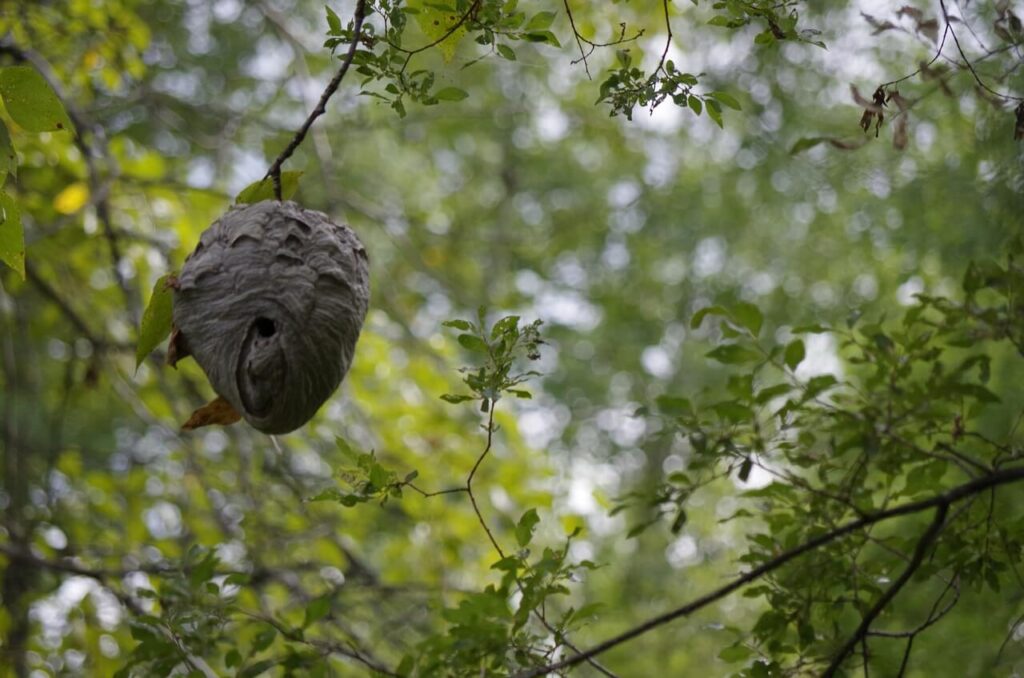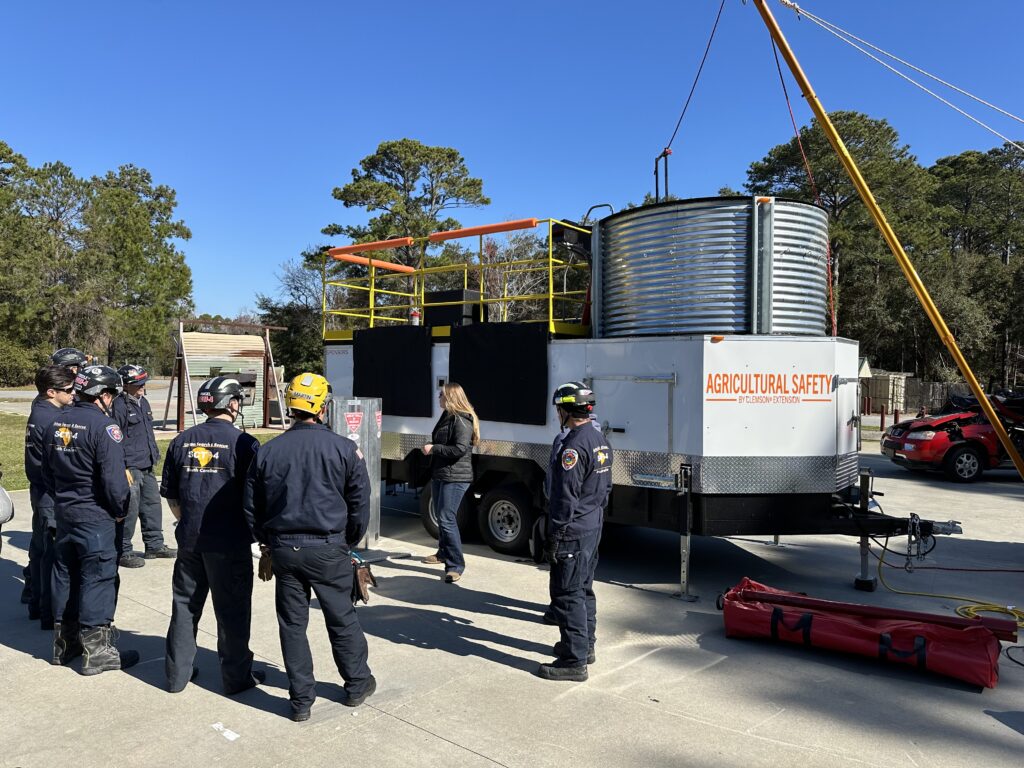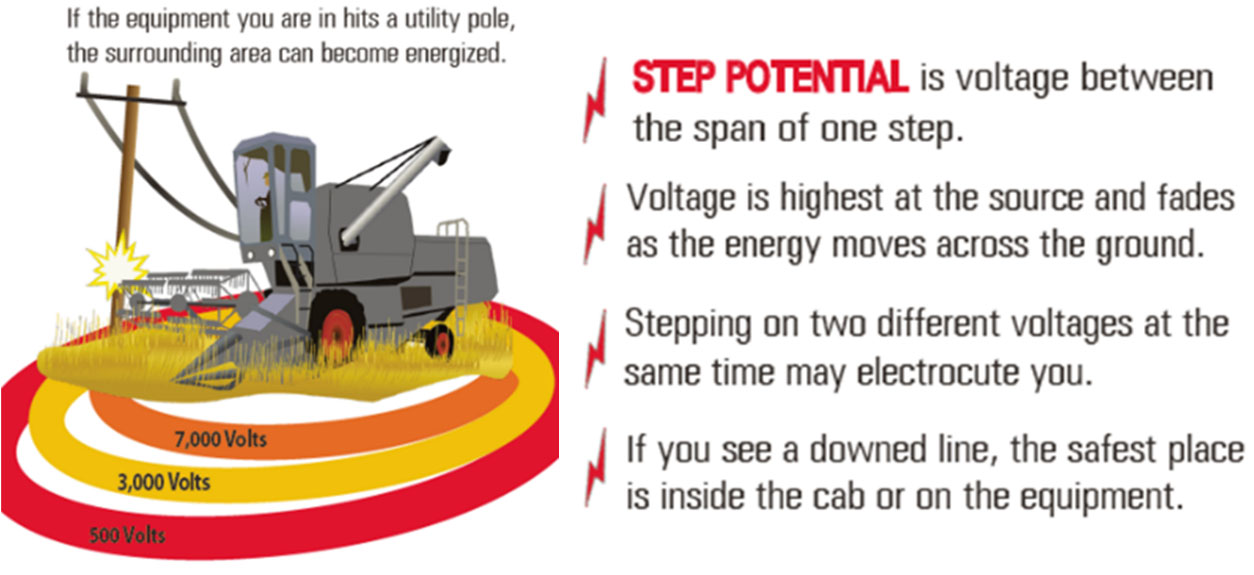Grain entrapments, while not all that common in South Carolina, are still an utmost concern for Fire and Rescue Teams across the state. Throughout the state, South Carolina sees roughly 3 grain entrapments a year. As preventative measures, many departments throughout the state have begun to receive training on how to safely rescue an entrapped victim. During these trainings, fire and rescue personnel explore the causes of entrapments and engulfments, learn entrapment and engulfment prevention strategies, receive an overview of various rescue equipment, and receive hands-on training on the proper procedures necessary to safely rescue an entrapped victim.
As part of these trainings, departments get the opportunity to become familiar with the equipment necessary to complete a rescue. Such equipment includes, but is not limited to, the Great Wall of Rescue, the Turtle Tube Rescue Sleeve, and the GSI Res-Q-Tube.
As a means to decrease the time required to rescue an entrapped victim, a comprehensive list and map have been created of the equipment type and location of the rescue devices.
https://arcg.is/4jHy51








